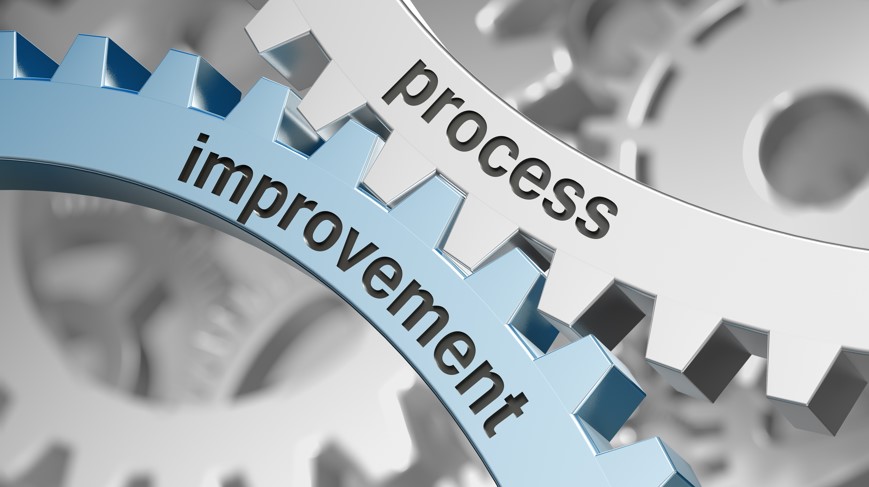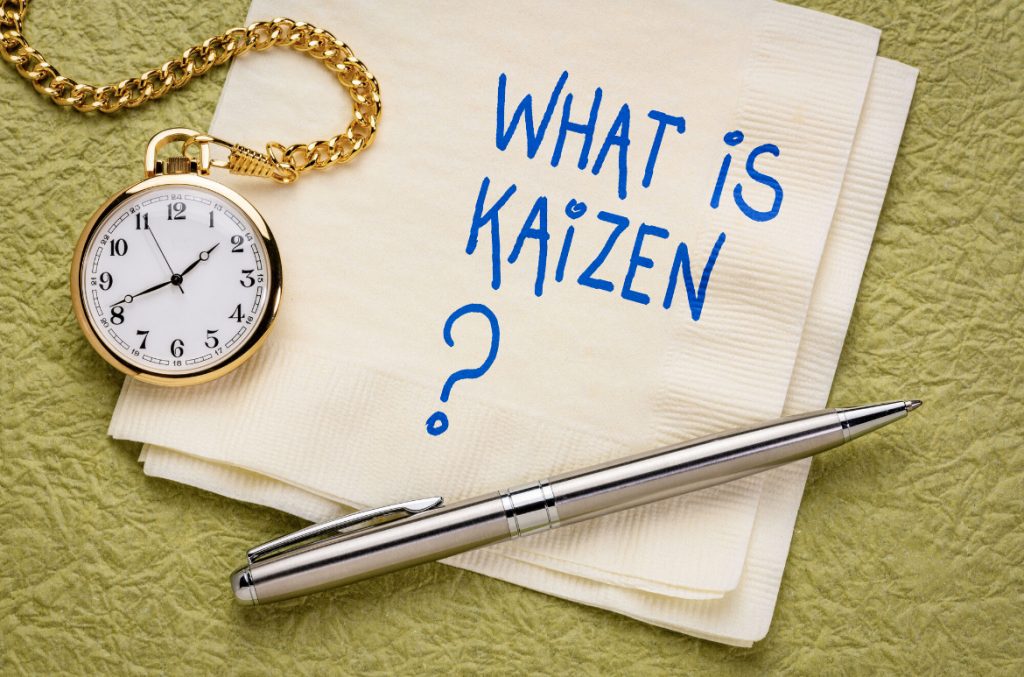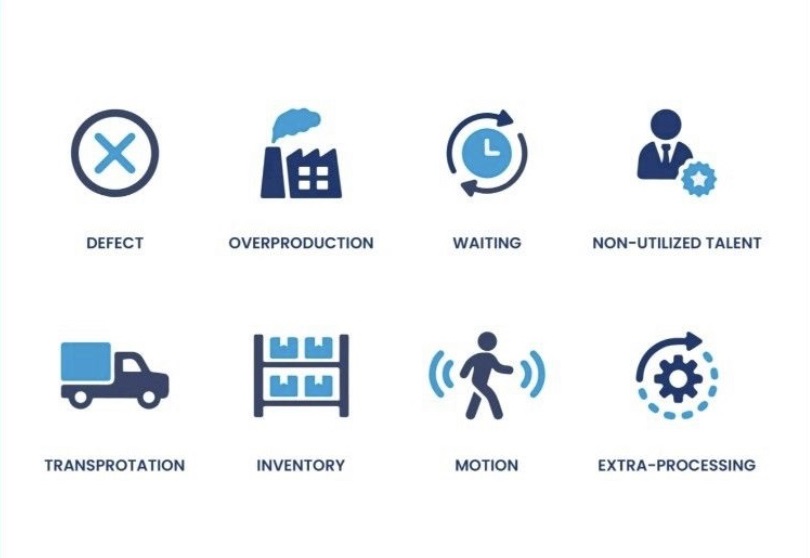Process Improvement

At DTF Engineering, we provide Processes Improvement Services to help our clients reduce costs, optimise departmental processes and increase productivity.
Our team of experts specializes in analysing current processes, identifying bottlenecks and inefficiencies, and developing and implementing solutions that improve the overall performance.
Our Process Improvement Services include:

- Process Analysis
We work with our Clients to understand their current processes, identify bottlenecks and inefficiencies, and develop a comprehensive understanding of the production process. - Process Improvement Plan
Based on our analysis, we develop a process improvement plan that outlines the areas for improvement, the solutions to address these areas, and the expected outcomes of the improvements. - Process Implementation
We work with our Clients to implement the process improvement plan, using advanced tools and techniques to optimize the process and improve overall performance. - Process Monitoring
We monitor the process to ensure that the implemented improvements are delivering the expected outcomes. We make adjustments as necessary to optimize the process further. - Process Reporting
We provide regular reports to our Clients, keeping them informed about the progress of the process improvement initiative and the outcomes achieved.
To help improving the processes, we use Lean Management system. It includes proven performance techniques tested across variety of industries.
Lean Management, often referred to simply as “Lean,” is a management philosophy and methodology that aims to maximise efficiency, minimise waste, and continuously improve processes within an organization. It was originally developed in the manufacturing industry, particularly by Toyota, but its principles have since been applied to various industries and sectors, including healthcare, services, and software development.
At its core, Lean Management is centralised around delivering value to Customers while eliminating non-value-added activities. The goal is to create a streamlined and responsive organization that is adaptable to change and focused on meeting Customer needs.
Lean principles and techniques are designed to optimize processes, reduce costs, enhance quality, and improve overall performance.

Key principles of Lean Management include:
- Value: Focus on understanding what Customers truly value. Identify the specific products or services that meet those needs.
- Value Stream: Analyse the entire end-to-end process, known as the “value stream,” that transforms raw materials or inputs into the final product or service delivered to the Customer. Identify steps that add value and those that do not.
- Flow: Aim to create a continuous and smooth flow of work, avoiding bottlenecks and delays. Minimize interruptions and stoppages that hinder the smooth progression of work.
- Pull: Instead of pushing products or tasks through the system based on forecasts or schedules, let Customer demand dictate the pace of production or work. This reduces overproduction and excess inventory.
- Perfection: Strive for continuous improvement in all processes. There is always a room for enhancement, and Lean encourages a culture of learning and adaptability.
- Standardization: Develop clear and standardized processes that define the best practices for various tasks. This ensures consistency and allows for easier identification of deviations and improvements.
- Elimination of Waste: Lean identifies 8 types of waste that should be minimized or eliminated, including:

- Overproduction
Producing more than what is currently demanded - Waiting
Idle time when work is not being performed - Transportation
Unnecessary movement of materials or products - Inventory
Excess materials or finished products that tie up resources - Motion
Unnecessary movement of people - Non-utilized talent
Skills of people not utilized throughout the process - Extra-processing
Adding more value than customers need or are willing to pay for - Defect
Errors that require rework or correction